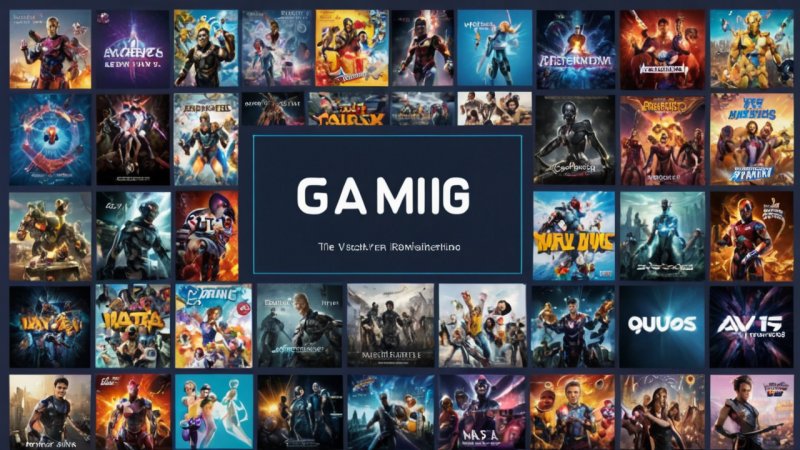Artificial Intelligence (AI) is rapidly changing the entertainment industry, influencing how content is created, distributed, and consumed. The integration of AI technologies is reshaping traditional entertainment paradigms, creating new opportunities for creators and more personalized experiences for audiences. This article explores the various ways AI is impacting the future of entertainment and its implications for the industry.
One of the most significant contributions of AI to entertainment is in content recommendation systems. Streaming services like Netflix and Spotify utilize sophisticated algorithms to analyze user behavior, preferences, and viewing habits. By processing vast amounts of data, these platforms can recommend shows, movies, and music that align with individual tastes. This personalized approach not only enhances user satisfaction but also keeps viewers engaged, leading to longer watch times and higher subscription retention rates.
AI is also revolutionizing content creation. Filmmakers and writers are increasingly using AI tools to assist in scriptwriting, story generation, and even editing. For instance, AI can analyze successful screenplays and identify elements that resonate with audiences, providing valuable insights for creators. This collaboration between human creativity and AI-driven analysis can lead to more compelling narratives and innovative storytelling techniques.
In addition to scriptwriting, AI is transforming visual effects and animation. Advanced AI technologies, such as machine learning and deep learning, enable studios to create stunning visuals and animations more efficiently. This not only reduces production costs but also allows filmmakers to push creative boundaries. With the help of AI, even small indie projects can achieve high-quality visual effects, leveling the playing field in the film industry.
Another area where AI is making strides is in the realm of interactive entertainment, particularly in video games. Game developers are leveraging AI to create more intelligent and responsive non-player characters (NPCs). These NPCs can learn from player actions, adapt their strategies, and offer a more immersive gameplay experience. Additionally, AI can analyze player data to adjust game difficulty in real-time, ensuring that players remain challenged without becoming frustrated.
AI-generated music is another exciting development shaping the future of entertainment. Musicians can now use AI algorithms to create unique compositions, experiment with different genres, and even collaborate with AI to produce music. This democratization of music creation opens up new avenues for aspiring artists and allows established musicians to explore their creativity in novel ways.
While the benefits of AI in entertainment are significant, ethical concerns must also be addressed. Issues such as copyright, authenticity, and the potential displacement of creative jobs are important considerations as AI continues to evolve. It is essential for industry stakeholders to find a balance between leveraging AI advancements and preserving the human touch that makes entertainment relatable and meaningful.
In conclusion, AI is poised to revolutionize the entertainment industry in numerous ways. From personalized content recommendations and innovative storytelling techniques to immersive gaming experiences and AI-generated music, the future of entertainment is bright. As technology continues to advance, it will be intriguing to see how AI further shapes the industry and influences the way stories are told and experienced.
The Impact of AI on Entertainment's Future
Explore how Artificial Intelligence is reshaping the entertainment industry, from personalized content recommendations to innovative storytelling techniques.






